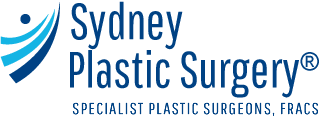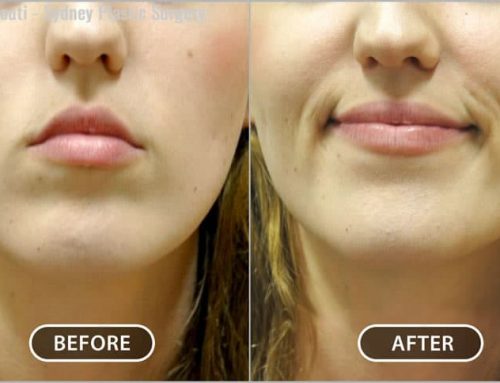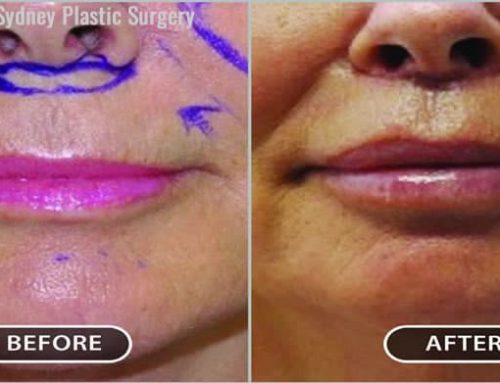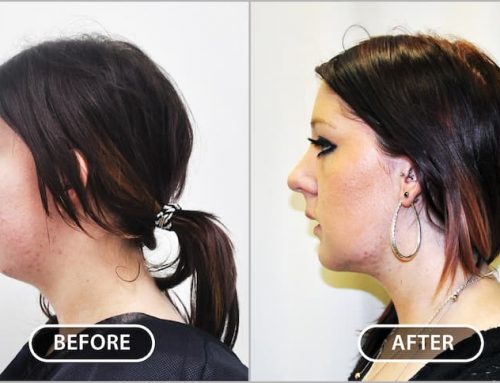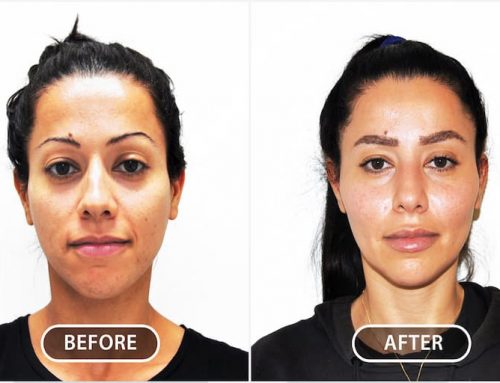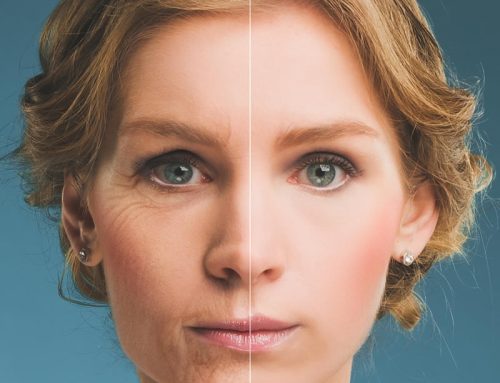Adults with Down Syndrome
With advances in medical care, people with Down syndrome are living longer, fuller lives than ever before. With help from family and caregivers, many people affected by this condition have developed the skills required to gain employment and live semi-independently.
Facial Reconstructive Surgery for Adults with Down Syndrome or Other Craniofacial Differences
What is plastic surgery and how can it help people with Down syndrome?
Plastic surgery is a specialty which includes cosmetic and reconstructive procedures and deals with restoration, reconstruction or alteration of the face or body.
Children and adults with Down syndrome are frequently kept away from the public eye by their parents and often harshly labelled by society because of their physical appearance, no matter how well they function.
Thus, people with Down syndrome usually suffer from two disadvantages: learning difficulties, due to decreased cognitive function, and distinctive facial features that make their disability easily recognised.
The goal of plastic surgery in dealing with adults with craniofacial disorders such as Down syndrome is to “normalise” the facial features for those affected, and so reduce the discrimination, social isolation and stigmatisation which is caused by their distinctive facial features.
The main aim is to help people with Down syndrome more easily integrate into their community, friendship groups and employment, and reduce their anxiety about and withdrawal from society.
In addition, plastic surgery can help reduce speech impediments caused by an enlarged tongue.
Down syndrome specific surgery
The distinctive facial features associated with Down syndrome can include:
- Downturned lower lip;
- Excess fat in the mid and lower cheek areas;
- Excess fatty tissue in the neck area;
- Protruding tongue and open mouth;
- Flattened nasal bridge;
- Flattened mid-facial region;
- Excess skin at the inner corners of the eyelids known as ‘epicanthal folds’;
- Slanting eye openings known as ‘slanted palpebral fissures’.
The selected facial reconstruction surgeries are tailored to the individual patient and their unique presentation and can include one or more of the following procedures:
- Tongue reduction surgery to improve speech – this process can also help the patient keep his or her mouth closed while breathing and eating, reduce mouth-breathing, decrease excess salivation and minimise the lower profile of the face and teeth.
- Internally rotating the lower lip;
- Removing the excess fat from the mid and lower cheek areas;
- Neck liposuction;
- Augmenting the nasal bridge;
- Augmenting the midfacial area;
- Repositioning the inner corners of the eyelids or reducing epicanthal folds;
- Straightening a slanting eye position.
Considerations
The decision about whether to have functional and aesthetic plastic surgery for adults with craniofacial differences or Down syndrome is an individual choice to be made by the person affected and their parents or caregivers.
There is a lack of studies and research in this field to determine if such procedures have any significant impact on patient’s sense of wellbeing and social function.
Making the decision
Neither candidates or parents should be pressured into what is potentially major surgery. They should be aware that all surgery can carry complications, especially if the patient lacks the ability to strictly follow postoperative instructions.
Plastic surgery should only be undertaken after careful consideration because it involves general anaesthesia and four to six weeks of follow ups and recovery.
Above all, parents of candidates should be fully aware about what the procedures involve and the associated risks. We recommend that they talk to other parents who have had the procedures performed on their dependents, to make an informed decision.
Our position
This is a controversial issue and there are no simple answers. Some parents and doctors believe there’s no reason not to “normalise” the features of adults with Down syndrome if it’s possible. Others object and see no reason to subject someone to plastic surgery and change the distinctive Down syndrome features they were born with.
For years, plastic surgery has had negative associations, but this is being turned around as more and more people undergo it. As the prevalence of cosmetic procedures continues to rise, society more easily accepts people’s individual choice to have a nose job, breast surgery or a face lift. However, society is still undecided about the question of improving facial features for people with disabilities and this could be considered a prejudice.
Our position is clear. Adults with craniofacial disorders, such as Down syndrome, should not be discriminated against. If it is clinically indicated, they should be afforded all the surgical services and benefits that are available to other normal adults and exercise their rights to be included within our local communities. They should be offered and given full and equal privileges, human rights and dignities.
Dr Barnouti offers volunteer work for Adults with Craniofacial and Down Syndrome disorders to improve their quality of living.
